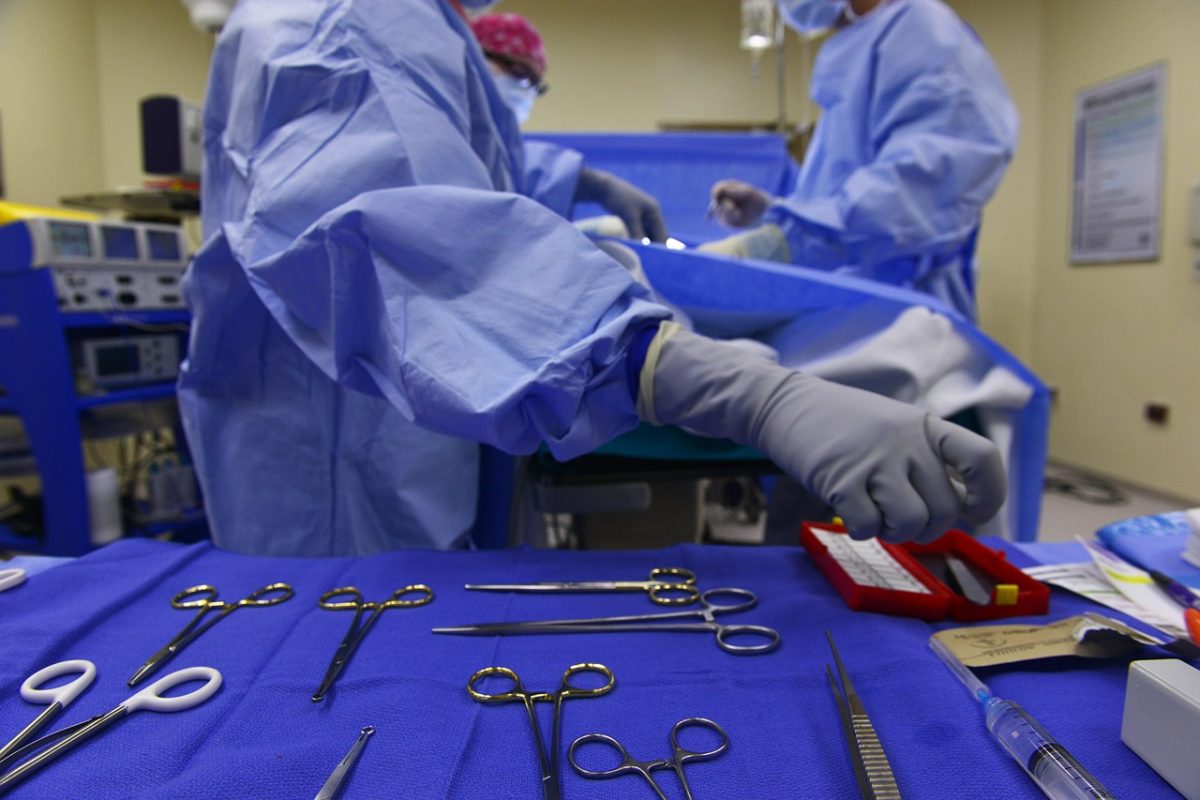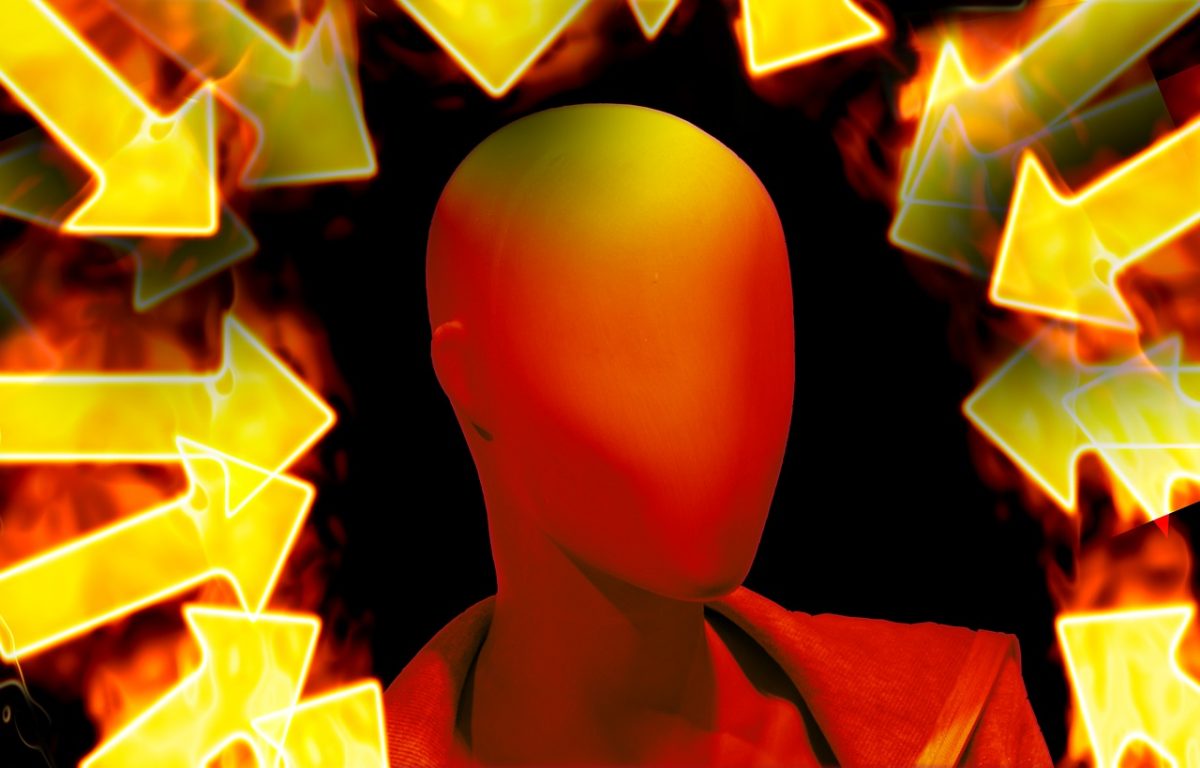There are 180 different types of defined headaches. Many people have headaches from time to time, but if you experience them on a daily or continual basis, your headaches may fall into the category of Chronic Migraine Headache. 30 million people in the US suffer from chronic migraines in some form. Many patients have centralized headaches that respond well to medicines. However, many people have headaches that are debilitating and don’t respond well to current available pharmaceuticals.
It is estimated that up to 13 % (likely even higher) of all chronic headaches are related to occipital nerve neuralgia. Neuralgia is a general term for pain or irritation along the course of a nerve. We are addressing the irritation caused by nerve compression in this situation.
Although the Greater occipital nerve is the most common nerve involved, other nerves can be involved as well. The lesser occipital nerve and dorsal (or least) occipital nerve which are located in the back of the head/scalp. Headaches may originate from the forehead or frontal region as well. The nerves involved in this area include the supra-orbital and zygomatico-temporal nerves.
When no other underlying diseases or conditions are found, you may be a candidate for a nerve decompression surgery that can reduce or end your migraine headaches. This is an outpatient surgery with short recovery times. Results are often immediately evident but may take several weeks. Neuropax surgeons can assess if nerve decompression surgery would help to alleviate or significantly reduce your debilitating symptoms.






















